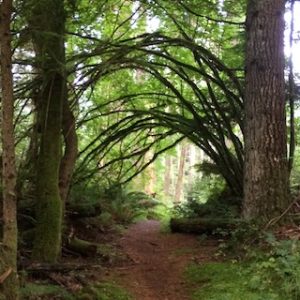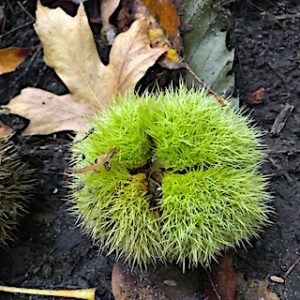 The Columbia City Yoga on-line Moving into Meditation class met this morning. We reflected on how our basic human warmth, our loving kindness can manifest in caring action. We are only a screen away from the world’s suffering and from those who are working hard to alleviate that suffering. Poet Amanda Gorman:
The Columbia City Yoga on-line Moving into Meditation class met this morning. We reflected on how our basic human warmth, our loving kindness can manifest in caring action. We are only a screen away from the world’s suffering and from those who are working hard to alleviate that suffering. Poet Amanda Gorman:
May we not only mourn, but give:
May we not only hurt, but act;
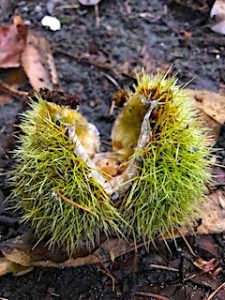 We continued to draw from Oren Jay Sofer’s book: Your Heart Was Made for This: Contemplative Practices for Meeting a World in Crisis with Courage, Integrity, and Love. Oren writes eloquently about how loving kindness can be a force for caring action in the world.
We continued to draw from Oren Jay Sofer’s book: Your Heart Was Made for This: Contemplative Practices for Meeting a World in Crisis with Courage, Integrity, and Love. Oren writes eloquently about how loving kindness can be a force for caring action in the world.
We heard from Nicholas Kristor’s New York Times’ Opinion Essay, ‘People Are Hoping That Israel Nukes Us So We Get Rid of This Pain.’
We heard from the New York Times’ report: Aid from Jose Andres’s World Central Kitchen Could Depart for Gaza Within Days.
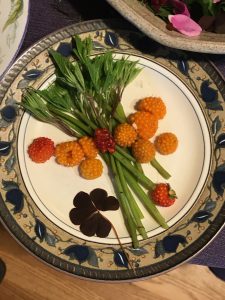 We spoke about the work chef Jose Andres and his World Central Kitchen are doing in bringing meals to Gaza. You can learn more about Jose and his team by viewing Ron Howard’s documentary, We Feed People.
We spoke about the work chef Jose Andres and his World Central Kitchen are doing in bringing meals to Gaza. You can learn more about Jose and his team by viewing Ron Howard’s documentary, We Feed People.
Poet and author, David Whyte, speaks of love’s gravity in his book, Consolations: The Solace, Nourishment and Underlying Meaning of Everyday Words.
We heard Amanda Gorman’s poem, Hymns for the Hurting. Amanda’s young voice seems to speak on behalf of people who are suffering today. People who are caught in the trauma of living in conflict zones. Her Hymn calls us to transform hate into love.
Guided Reflection
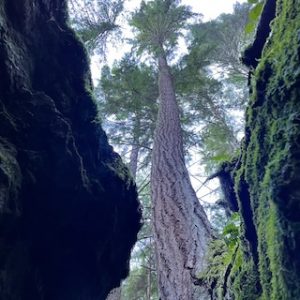 Welcome. Last week we reflected on what we can let go and what we can open up to. This can be hard in moments of contracting around a difficult experience. I want to remember to ask for help at these times. The kindness of my friends, family member even strangers has helped me to open my heart. Oren Jay Sofer begins the chapter on kindness with a beautiful quote from bell hooks:
Welcome. Last week we reflected on what we can let go and what we can open up to. This can be hard in moments of contracting around a difficult experience. I want to remember to ask for help at these times. The kindness of my friends, family member even strangers has helped me to open my heart. Oren Jay Sofer begins the chapter on kindness with a beautiful quote from bell hooks:
The moment we choose to love we begin to move towards freedom, to act in ways that liberate ourselves and others.
So much depends on the moment we choose. Don’t we have to be awake to the moment we meet choice? So many times I’ve missed the kindnesses I could have given. Yesterday morning I read Nicholas Kristof’s NYT opinion essay. The essay quotes a string of texts from a Gazan scholar, Mohammed Alshannat. Alshannat’s sporadic texts from October 26th through February 29th describe the pain, suffering and death his extended family has been enduring. Nicholas no longer hears from Alshannat. This reading is clearly of moment of choice.
Later the same day, I learned renowned Spanish chef José Andrés, the founder of the World Central Kitchen, has been supporting Palestinian cooks in Gaza. They’ve established the 65 community kitchens with plans to add at least 35 more. They are currently serving 350,000 meals a day. So far they’ve served 35 million meals. They hope to distribute more than a million a day. The European Union and other nations are trying to establish a maritime aid corridor.
The moment we choose to love we begin to move towards freedom, to act in ways that liberate ourselves and others.
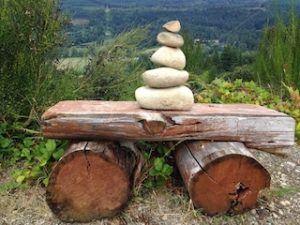 Oren believes “with practice, kindness becomes a skill, a firmly ingrained character trait. We can develop kindness as a baseline attitude, an orientation to life that informs how we relate to ourselves and the world.” I find this hopeful.
Oren believes “with practice, kindness becomes a skill, a firmly ingrained character trait. We can develop kindness as a baseline attitude, an orientation to life that informs how we relate to ourselves and the world.” I find this hopeful.
Oren also sites HHDL’s definition of metta as “basic human warmth.” Oren writes:
Metta sits at the core of kindness: it is our innate capacity for goodwill. When developed, metta . . . opens into boundless, unconditional love for all creatures. Metta shifts our attention to a deeper level. Recognizing both our shared condition and our potential for goodness . . . Living from a foundation of love, we embody kindness and help naturally from compassion. . . . This impartial love that lends itself to simple kindness also . . . animates social justice as a force for change, nourishing our courage to face collective pain and the energy to act for its healing.
There it is again – a moment of recognition, a hopefulness, a faith in our potential for goodness. I want to live “from a foundation of love.” I want to choose love.
. . . only slowly do we learn what we really care about, and allow our outer life to be realigned in that gravitational pull; with maturity that robust vulnerability comes to feel like the only necessary way forward, the only real invitation and the surest, safest ground from which to step. On the inside we come to know who and what and how we love and what we can do to deepen that love . .
We allow ourselves to be pulled by love’s gravity. So we can “know who and what and how we love and what we can do to deepen that love.” Here is Amanda Gorman’s Hymns for the Hurting:
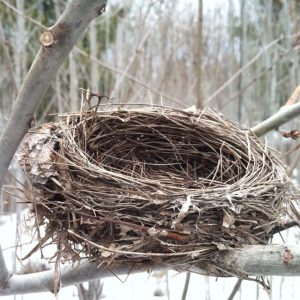 Everything hurts,
Everything hurts,
Our hearts overshadowed and strange,
Minds clouded and made dumb.
We carry tragedy, terrifying and true.
And yet none of it is new;
We knew it as home,
as horror,
As heritage.
Even our children
Can’t be kids
Can’t be.
We are burdened to live these days,
And at the same time blessed to survive them.
This alarm is how we know
We need to be changed –
That we must differ or die,
That we must prevail or try.
So though hate cannot be ended,
It can be transformed
In a love that makes us live.
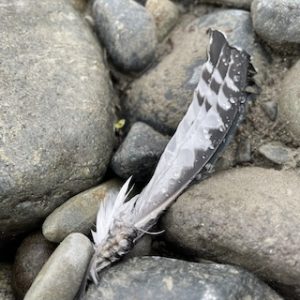 May we not only mourn, but give:
May we not only mourn, but give:
May we not only hurt, but act;
May our signed right to bear arms
Never blind our sight to shared evil;
May we choose our children over chaos.
May never another innocent be lost.
Maybe everything hurts
Our hearts overshadowed and strange.
But only when everything hurts
May everything change.
Let’s follow the pull of love’s gravity into practice today. Adjust your posture as you need. As you enter stillness, you might welcome yourself. We might welcome each other. Right now as we step out of the stream of doing. We can aspire to offer loving kindness and tender caring to whatever, whoever arises.
We can truly acknowledge our vulnerability and realize how we share it with all beings. “ . . . with maturity that robust vulnerability comes to feel like the only necessary way forward, the only real invitation and the surest, safest ground from which to step.”
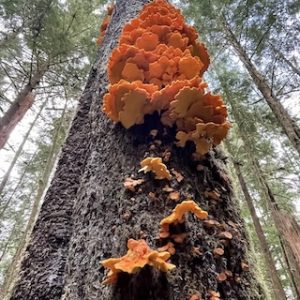 I invite you to take some deep, nourishing breaths. If you like, you can place your hands over your chest or your belly. Feel the breath slowly filling you. Then just let it go again. Savor the letting go. Feel the fullness of breath in the fullness of time. Relax your arms and let them rest where you feel comfortable. Feel your shoulders, arms and hands. Sense the aliveness in these areas. Can you be present in a relaxed wakeful way?
I invite you to take some deep, nourishing breaths. If you like, you can place your hands over your chest or your belly. Feel the breath slowly filling you. Then just let it go again. Savor the letting go. Feel the fullness of breath in the fullness of time. Relax your arms and let them rest where you feel comfortable. Feel your shoulders, arms and hands. Sense the aliveness in these areas. Can you be present in a relaxed wakeful way?
Notice how your shoulder blades enjoin your upper back. Feel your shoulders arms and hands at rest. Right now, you don’t have to carry anything. You are supported by Earth.
From the area where shoulder blades meet your back ribs, circle your awareness out to the side rounding upward to the center of your chest where ribs meet your breastbone. Can you feel how your ribs move with your breath? As you notice any tension, see if you can soften these areas.
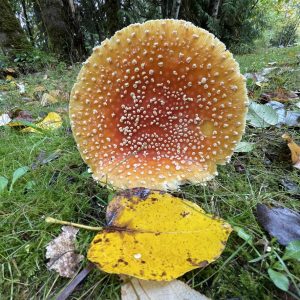 Can you let the belly be soft and sense strength in your back? The pelvic bowl and hip bones firm and steady, holding softness. Sense the length of your legs and relax your feet if you can. They don’t have to carry you now. You are supported by Earth.
Can you let the belly be soft and sense strength in your back? The pelvic bowl and hip bones firm and steady, holding softness. Sense the length of your legs and relax your feet if you can. They don’t have to carry you now. You are supported by Earth.
Now sense the whole body. Bring a wakeful and tender awareness to your being.
Listen and sense your body’s: sensations and feeling tones; thoughts and emotions.
See if you can tune into what surfaces in the body. You might encounter ease or tension, a sense of relaxation or stress. You might ask that part of yourself “What do you most need right now?” You could nurture that tender part by sending a gentle message: “I care deeply about what you need.”
In the open spaciousness of loving presence we can be with what arises in body, heart and mind. We can feel love’s gravitational pull. From love’s gravity, loving kindness is born. We can acknowledge our vulnerability, recognize our fear, feel our pain or loss. We can recognize our shared condition and realize our potential for goodness.
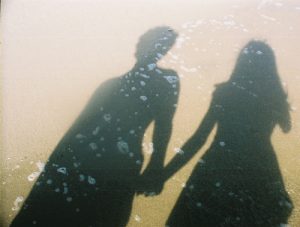 We were born to love. It is only natural that we extend our tender caring to others. We include Earth and all her earthlings in our circle of caring. She is what sustains us as we must sustain each other. We can care deeply about what is needed now and what is needed by future generations.
We were born to love. It is only natural that we extend our tender caring to others. We include Earth and all her earthlings in our circle of caring. She is what sustains us as we must sustain each other. We can care deeply about what is needed now and what is needed by future generations.
We are burdened to live these days,
And at the same time blessed to survive them.
This alarm is how we know
We need to be changed –
That we must differ or die,
That we must prevail or try.
So though hate cannot be ended,
It can be transformed
In a love that makes us live.
May we not only mourn, but give:
May we not only hurt, but act;
May we practice loving kindness and caring action. May we”. . . includ[e] the vulnerability of this life – all life in our heart. . . . [May we have] the courage to love ourselves, each other, and our world.

